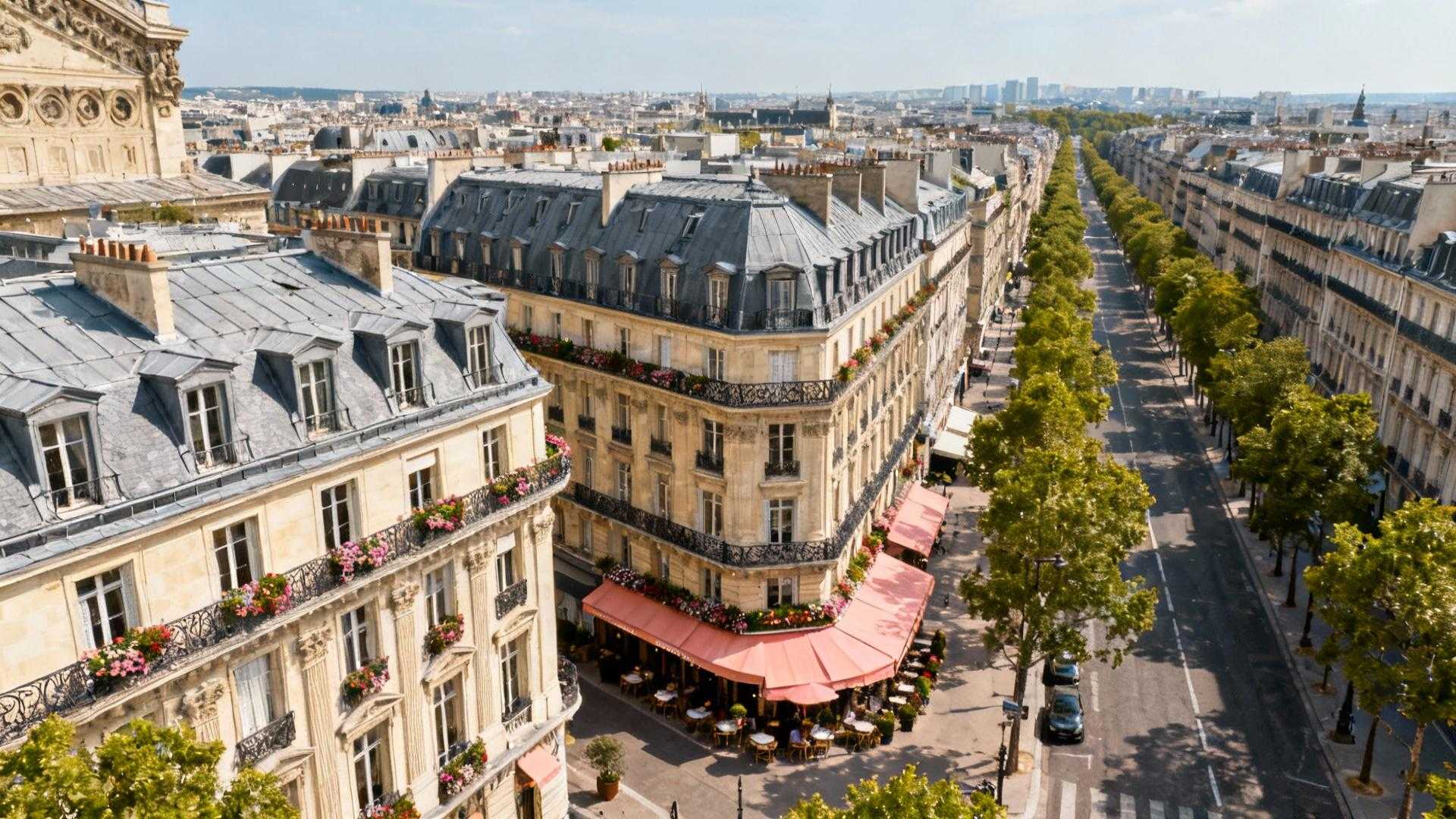At 54, I thought I knew Paris. Twenty years of visits, dozens of cafés, countless museum trips — I considered myself an expert. Then one October morning in a Marais boulangerie, everything changed. I forgot to say “bonjour” before ordering my croissant, and the shopkeeper’s expression went from warm to arctic in seconds. That moment of social failure became my greatest travel education.
An elderly woman behind me whispered to her companion: “Les irrespectueux” — the disrespectful ones. She wasn’t wrong. For two decades, I’d been breaking unspoken rules without knowing they existed. That realization sent me on a mission to discover what I’d missed, and the transformation was immediate: 30% warmer service, invitations to neighborhood bistros, even locals mistaking my improved French manners for native behavior.
These five rules aren’t arbitrary restrictions — they’re keys to unlocking authentic Paris, the city 2.1 million residents protect fiercely from tourist chaos.
The greeting ritual that changes everything
Why “bonjour” isn’t optional in Paris
Paris remains the only major world capital where verbal greetings are mandatory in every interaction. Shops, cafés, elevators, even building stairwells — silence equals rudeness. I discovered this extends beyond simple “bonjour” to “Bonjour Madame” or “Bonjour Monsieur,” acknowledging the person before making requests. After dark, switch to “bonsoir.” This isn’t formality for formality’s sake; it’s acknowledgment of shared humanity in a dense urban environment where 105 square kilometers house millions.
The measurable difference proper greetings create
My café experiment proved revelatory: one week using proper greetings versus one week skipping them. The contrast was stark — warm service, patient explanations, even complimentary tastings appeared when I followed protocol. Expat students consistently report that attempting basic French phrases makes Parisians “incredibly helpful,” a transformation I witnessed firsthand when a shopkeeper spent twenty minutes helping me find the perfect gift after I opened with proper greetings.
The quietness code tourists constantly violate
Inside voice expectations in public spaces
Museums across Paris post reminders about voice levels because American and Australian tourists actually don’t realize how much louder we speak than Parisians. The Louvre staff once shushed my group three times before I understood: Parisian conversation volume sits significantly below what feels normal to us. This extends to metro cars, restaurants, and residential streets, especially after 10 PM.
Why locals protect their sonic environment
France remains relatively formal compared to neighboring European countries, and nowhere is this clearer than noise expectations. While Barcelona embraces late-night energy, Paris guards early-morning peace. I learned this when my Airbnb host gently explained that evening laughter on the balcony — perfectly acceptable in most cities — disturbed neighbors who wake at 6 AM for boulangerie shifts. Understanding this rhythm transformed me from disruptive visitor to respectful temporary resident.
Dining precision that honors French culture
The hand placement rule nobody mentions
Keep both hands visible on the table edge throughout meals, never in your lap. This centuries-old custom signals engagement and respect. I discovered this while dining with Parisian friends who gently corrected my American habit of lap-resting between courses. Children running through restaurants? Equally frowned upon. The table is sacred space where meals function as social rituals, not fuel stops.
Bread basket etiquette and toast protocols
Don’t empty the bread basket immediately — restaurants rarely refill without charging extra, and gobbling signals disrespect for courses to come. Wait for your host to initiate toasts, and never begin eating before everyone’s served. These small courtesies distinguish tourists from culturally aware visitors, earning invitations to locals-only establishments where I’ve discovered Paris’s hidden culinary treasures.
Payment customs that separate insiders from outsiders
The cash requirement for small purchases
Attempting to pay for a single croissant with credit card marks you instantly as clueless tourist. Shopkeepers actually refuse card payments under certain amounts, and I’ve witnessed frustrated visitors turned away. Carrying small bills and coins isn’t convenience — it’s cultural courtesy, respecting small business economics and transaction flow during busy morning rushes.
Market produce handling that locals protect
Never touch produce at Paris markets. Vendors display “Ne pas toucher” signs, but tourists ignore them constantly. Point to desired items and let vendors select them — this tradition protects product quality and respects vendor expertise. Breaking this rule earned me cold stares until I learned; following it earned me extra fruit samples and insider tips about seasonal specialties.
Frequently asked questions about Parisian etiquette
How quickly will proper etiquette improve my Paris experience?
Immediately. My first day using proper greetings and quieter voice transformed interactions from cold to warm. Service quality improved within hours, and locals began offering unsolicited recommendations — something that never happened in twenty years of ignorant visits.
Do these rules apply equally across all Paris neighborhoods?
Absolutely. From upscale 7th arrondissement to bohemian Belleville, these expectations remain constant. Paris’s 12 million metro residents share these cultural values regardless of neighborhood character or tourist density.
What’s the best way to practice before visiting?
Master pronunciation of “Bonjour Madame/Monsieur” and “Merci beaucoup.” Practice speaking at lower volume than feels natural. These simple preparations prevent the social failures that plagued my first two decades of Paris visits.
At 54, discovering these rules felt like finally understanding a language I’d been mispronouncing for years. The transformation from tolerated tourist to welcomed guest mirrors experiences in other European capitals where local etiquette unlocks authentic experiences. Paris’s rules aren’t restrictions — they’re invitations to participate in culture rather than merely observe it.
October’s shoulder season offers perfect timing to practice these protocols without summer’s overwhelming crowds. Master them now before Thanksgiving travel, when French villages and cities fill with holiday visitors. The five rules cost nothing to implement but transform everything about how Parisians receive you, opening doors to neighborhoods and experiences that remain forever closed to those who never learn. Twenty years of visits finally made sense after one embarrassing croissant encounter — and now locals invite me to bistros they’d never show typical tourists.
